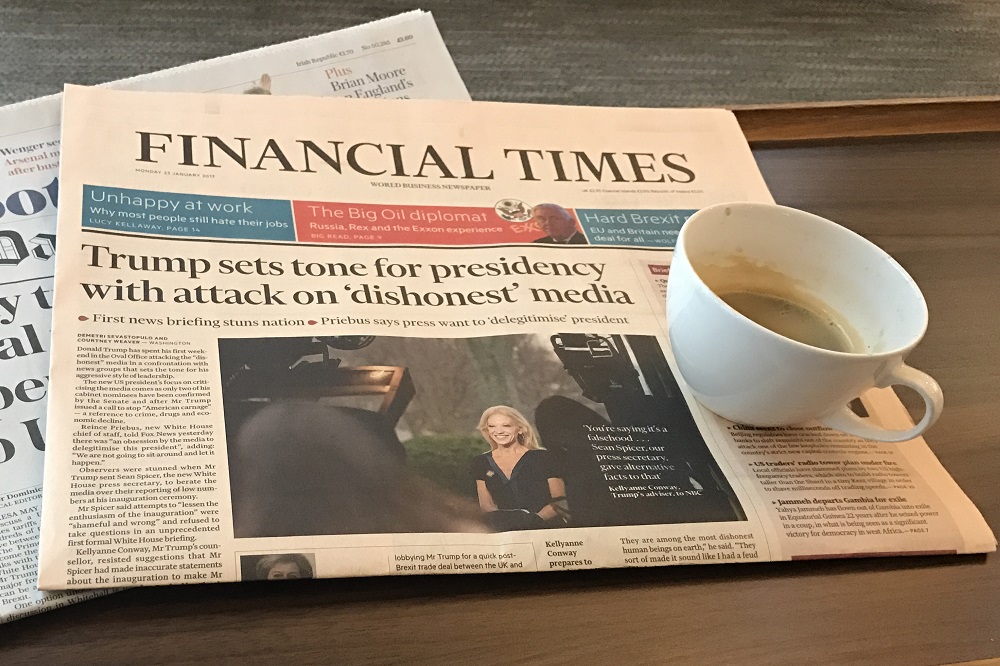Financial Times removes anti-Welsh language comments after online backlash

The Financial Times has edited an article to remove anonymous anti-Welsh language comments after an online backlash.
The original article entitled ‘Staycation nation: turf wars in the UK’s holiday hotspots’ included comments by ‘Megan’, “who did not want to give her real name for fear of retribution”.
‘Megan,’ “a Welsh speaker who grew up in Wales” but “now lives in England” claimed that Welsh speakers spoke the language in order to exclude and insult tourists.
“These tensions have led the Welsh to weaponise their ancient Celtic language against tourists,” the article claimed. Words to look out for were “Saesneg” and “mochyn” (‘the English language’ and ‘pig’).
However, in the latest version of the online article, Megan’s comments have been removed and a note appended to the article saying that it was amended “to reflect more fairly the relationship between Welsh speakers and English tourists”.
Some, however, remained unsatisfied by the Financial Times’ explanation.
“Pushing out same old stereotypes and clichés on attitudes towards the Welsh language,” Theo Davies-Lewis commented on Twitter. “Disappointing to see continuing insults from London media on Cymraeg.”
‘Expect better’
The article received an online backlash when first published, with many on social media raising doubts about the existence of ‘Megan’.
“Still trying to get my head around this piece in the FT. Who is Megan I wonder and how did the paper end up speaking to her?” WalesOnline rugby correspondent Simon Thomas asked.
“The use of ‘Saesneg’ gives the game away,” Iestyn Hughes said. “Someone (wonder who) has looked up ‘English’ in a dictionary thinking ‘the English’ – but ‘Saesneg is the word for the English language, not for English people. Also ‘mochyn’ (pig) oh dear – kiddiespeak. Result = ‘it didn’t happen’.”
Aled Elwyn agreed that someone at the paper had “just used a dictionary”: “If Megan existed, and her credentials were as described, she would never have cited those two words as the ones to listen out for in a Welsh pub.”
Daily Post journalist Owen Hughes said: “Expect better from Financial Times – any language is ‘impenetrable’ to someone who can’t speak it – and by ‘weaponise’ do they just mean ‘use’.”
BBC Radio Cymru presenter Tudur Owen also commented, suggesting that “Megan is Toby who once came here on a jetskiing weekend.
“Just after he realised that the majority of us speak our own default language and independence for Wales is inevitable, someone smirked at his ill-advised, gap year dare, tribal tattoo and Toby got annoyed, really annoyed,” he said.
Support our Nation today
For the price of a cup of coffee a month you can help us create an independent, not-for-profit, national news service for the people of Wales, by the people of Wales.






